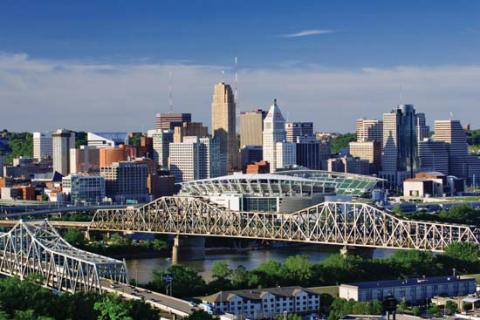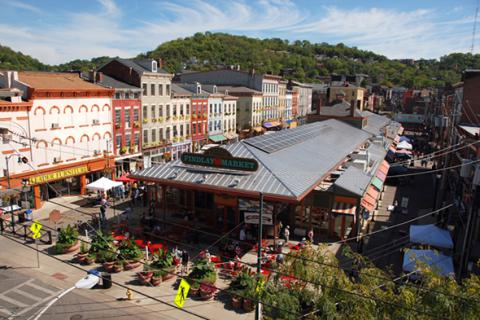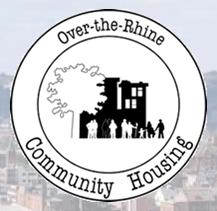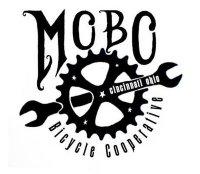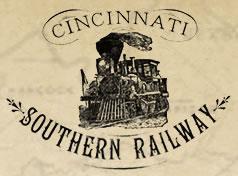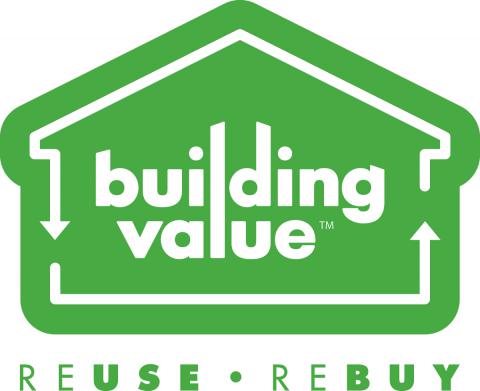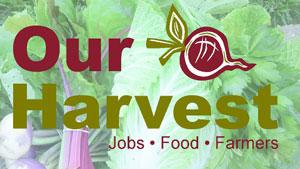Incorporated as a city in 1819, Cincinnati grew steadily through the mid-1900s due to its prime location on the Ohio River. In fact, the Queen City—so dubbed by Longfellow, who referred to it as “the Queen of the West”—weathered the Great Depression better than most cities of comparable size because of the resurgence in river trade, which was less expensive than rail. By 1950, Cincinnati had grown to its peak of nearly 504,000 residents, making it the 18th largest city in the country.
Similar to other industrial cities, suburbanization, layoffs due to technological advances, industrial flight to places with lower labor costs, and globalization have had severe economic and social impacts. Moreover, when Delta merged with Northwest Airlines in 2008, it cut its flight capacity in Cincinnati by 22 percent, and has cut back further since, eliminating Cincinnati’s hub status and triggering significant layoffs and the relocation of companies to cities with more flights. As a consequence of all these dynamics, Cincinnati lost an average of 4,000 residents a year up until 2013, the first year in which the city experienced marginal growth. According to U.S. Census estimates, as of 2013 Cincinnati had 297,517 residents, making it the third largest city in Ohio, and the 28th largest in the United States. Today, approximately 49 percent of the city’s population is white, 45 percent black, 3 percent Hispanic or Latino, and 2 percent Asian. Poverty is a major challenge. In 2012, over half (53 percent) of Cincinnati children lived in poverty, the second highest child poverty level in the country for major U.S. cities.
Despite these challenges, many expect that the city’s modest growth will continue over the next several decades. Community wealth building has played an important role in catalyzing new investment. For example, two large healthcare institutions, UC Health and Mercy Health, have been leaders in supporting local and minority-owned businesses. Moreover, Cincinnati’s largest anchors have also joined forces to create the Uptown Consortium, a nonprofit community development corporation focused on catalyzing human, social, economic, and physical improvements in Uptown Cincinnati. To support the Consortium, the University of Cincinnati alone dedicated nearly $150 million out of its endowment (more than 15 percent of the total) to create a 4-percent interest loan fund that could provide low-interest financing to seven local community redevelopment corporations. To date, the Consortium’s work has resulted in over $400 million in investment in the surrounding neighborhoods, which include Avondale, Clifton, Corryville, Clifton Heights, Fairview, University Heights, and Mt. Auburn.
Another recent innovative partnership aiming to improve Greater Cincinnati’s local economy is the Cincinnati Union Cooperative Initiative (CUCI). Initiated as a partnership between Mondragón USA and the United Steelworkers (USW), CUCI brings together a range of national, state, and local organizations to help catalyze the development of union-worker cooperatives.
Local government is also playing a key role. For example, its Small Business Enterprise program targets at least 30 percent of its construction, 15 percent of its professional services, and 15 percent of its supplies/services contracts to local, small business enterprises.
An overview of these and other community wealth building efforts follows:
